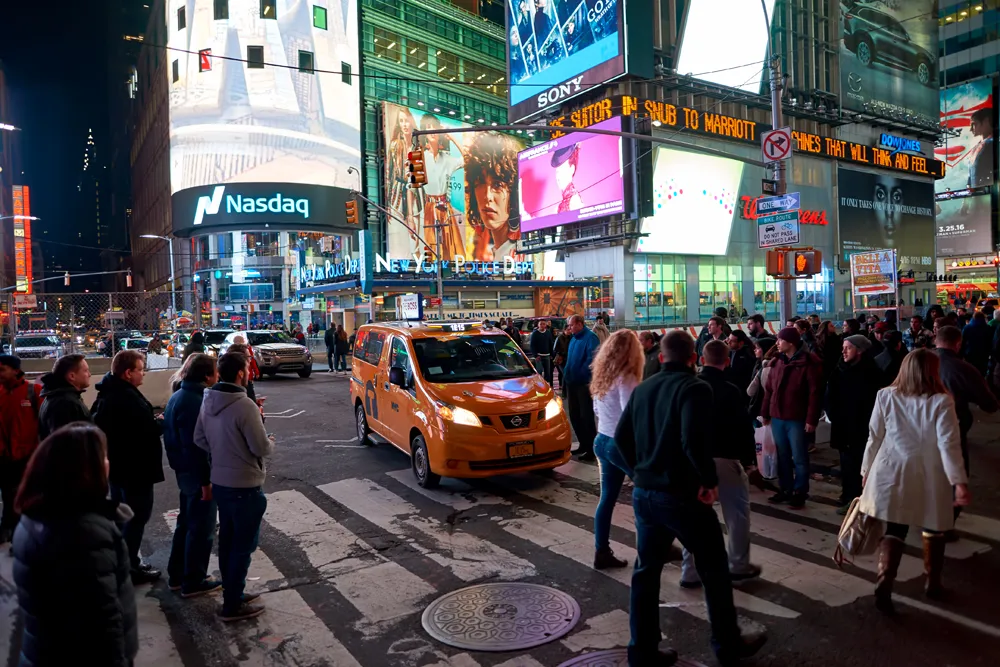US-based Econolite has partnered with Clean Slate Group to provide customisable anti-graffiti vinyl wraps for traffic cabinets in support of decoration and anti-graffiti programs. Econolite says the proprietary vinyl film used for the wraps can significantly reduce city costs associated with removing graffiti vandalism. The fade-resistant film also reduces maintenance costs by eliminating re-painting services.
The anti-graffiti wraps are ideal for supporting decoration programs that include new and updat
April 15, 2016
Read time: 1 min
US-based 1763 Econolite has partnered with Clean Slate Group to provide customisable anti-graffiti vinyl wraps for traffic cabinets in support of decoration and anti-graffiti programs. Econolite says the proprietary vinyl film used for the wraps can significantly reduce city costs associated with removing graffiti vandalism. The fade-resistant film also reduces maintenance costs by eliminating re-painting services.
The anti-graffiti wraps are ideal for supporting decoration programs that include new and updated signage and use of artwork; updated intersections and street lighting; and amenities such as new bus stops, utility boxes, and traffic cabinets which can now feature new artwork with little to no maintenance.
The chemical and UV-resistant vinyl wraps only require simple cleaners to remove spray paint, adhesives and markers. They can feature any City-approved art such as city branding, local/regional artwork, and historical imagery. The wraps can also be changed out to address new campaigns.
The anti-graffiti wraps are ideal for supporting decoration programs that include new and updated signage and use of artwork; updated intersections and street lighting; and amenities such as new bus stops, utility boxes, and traffic cabinets which can now feature new artwork with little to no maintenance.
The chemical and UV-resistant vinyl wraps only require simple cleaners to remove spray paint, adhesives and markers. They can feature any City-approved art such as city branding, local/regional artwork, and historical imagery. The wraps can also be changed out to address new campaigns.









